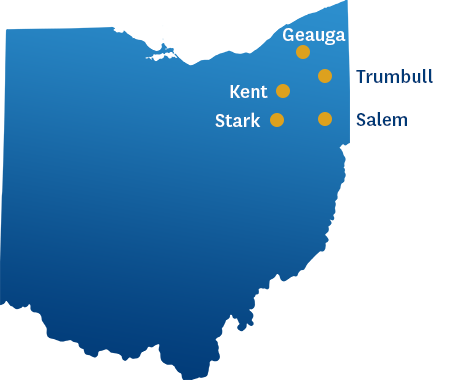
Accelerated (Second Degree)
Kent State's Accelerated (Second Degree) BSN, developed for students who already hold a bachelor's degree, leads to a Bachelor of Science in Nursing in as few as 15 months. The Accelerated Second Degree BSN (ABSN) concentration prepares practitioners for professional nursing, helps them understand their role in society and prepares them for graduate study. The program emphasizes professional knowledge, skills, and compassionate nursing practices. Please note our program is not 100% online, and rather a majority in-person commitment at the Kent, Ohio campus, and at hospitals across Northeast Ohio. Clinicals cannot be completed in any other area/state.




